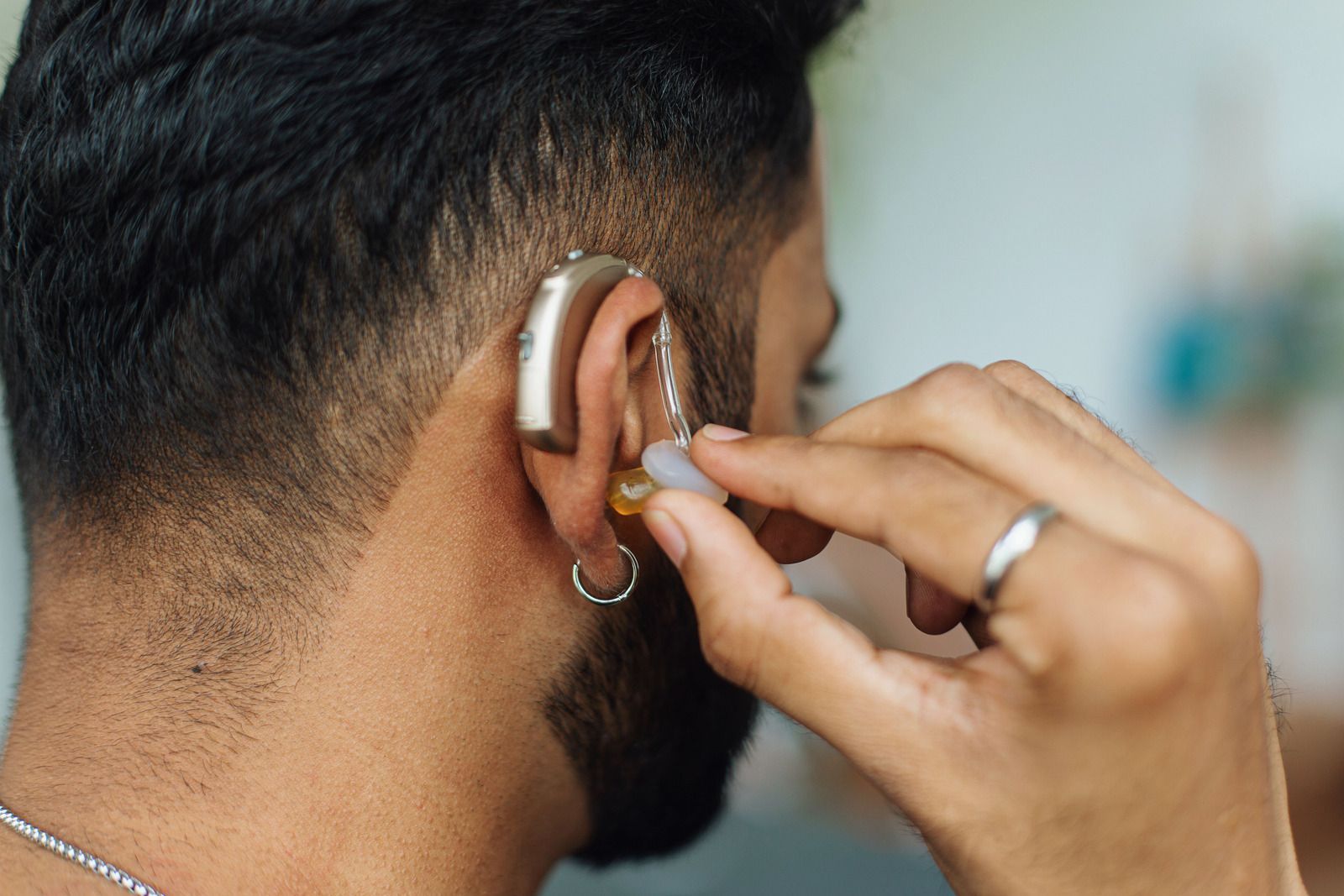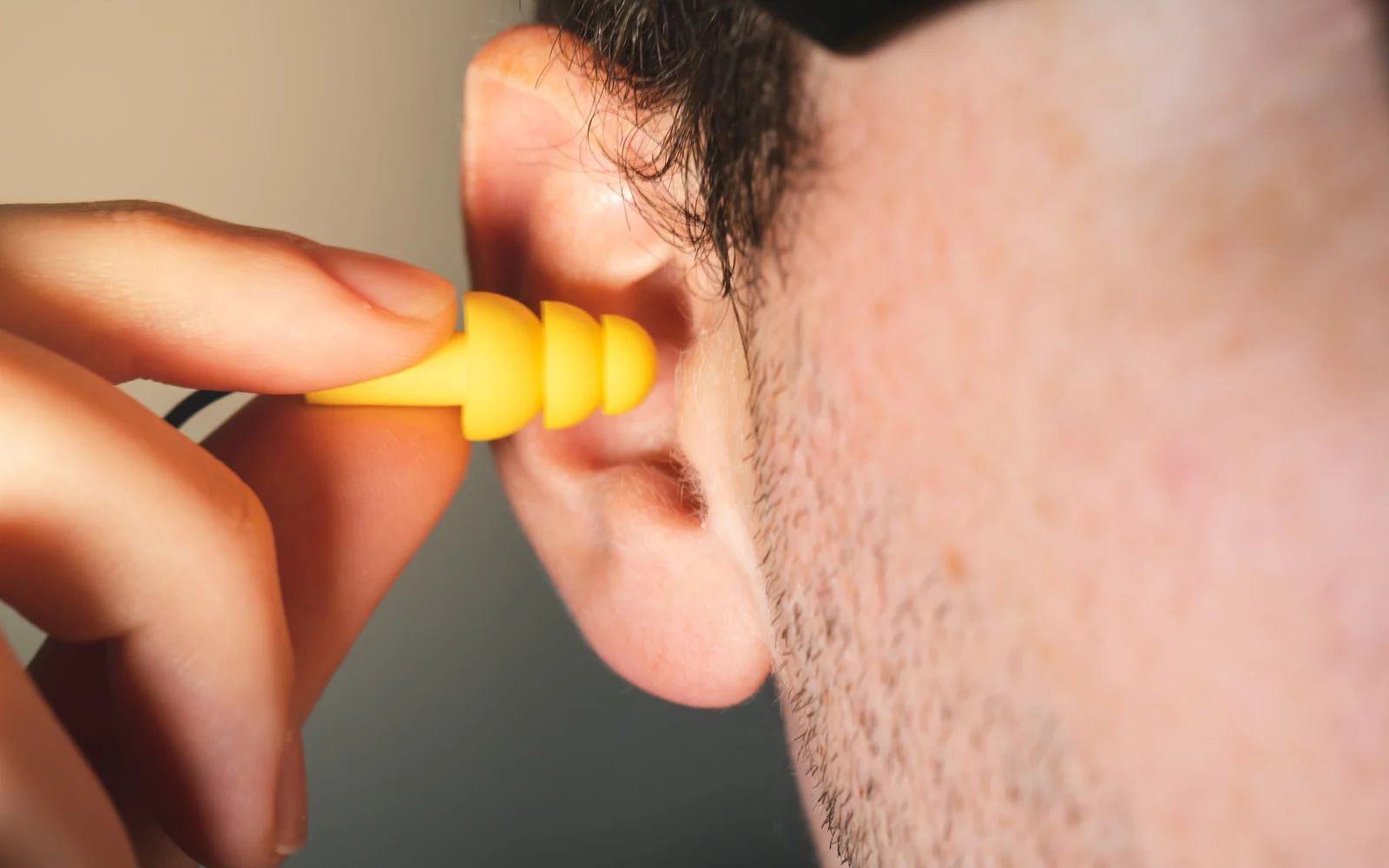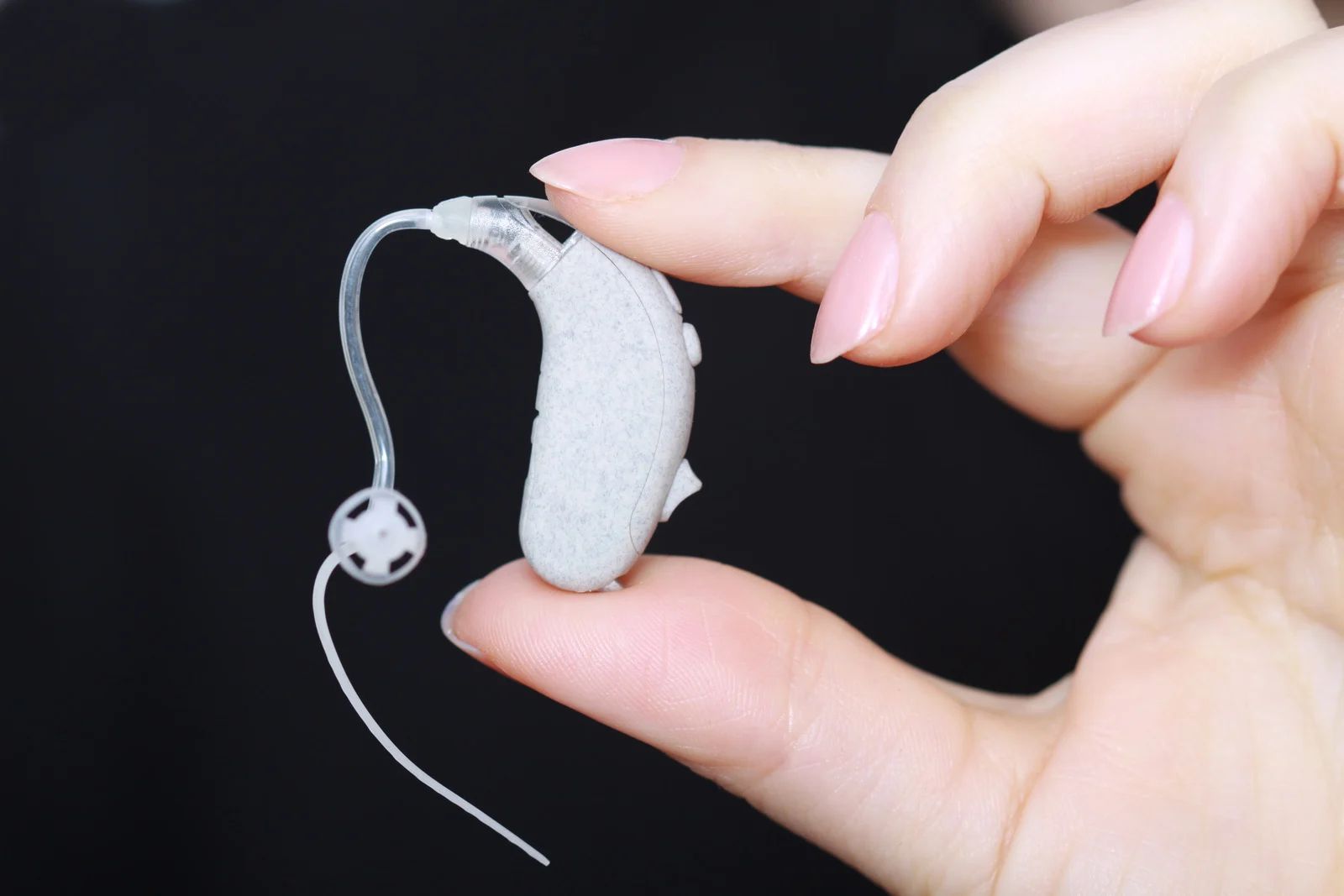The Science Behind Tinnitus: Causes, Treatments, and Relief Options
May 10, 2025
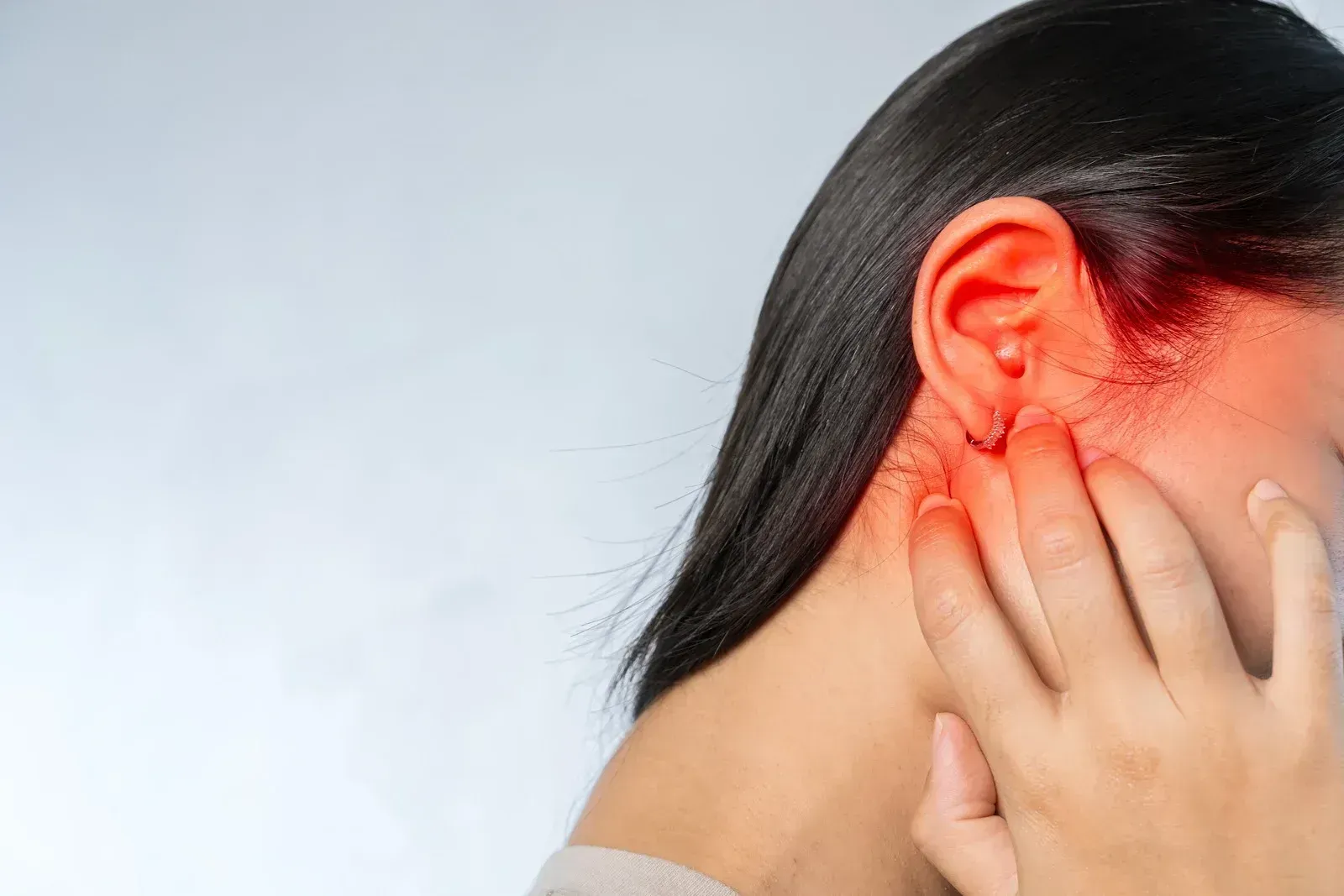
Tinnitus, often described as a persistent ringing, buzzing, or hissing sound in the ears, is a condition that affects millions of people worldwide. While it can be a minor inconvenience for some, for others, tinnitus can be disruptive and significantly impact their daily life. To manage tinnitus, it’s essential to understand its causes, treatment options, and relief strategies.
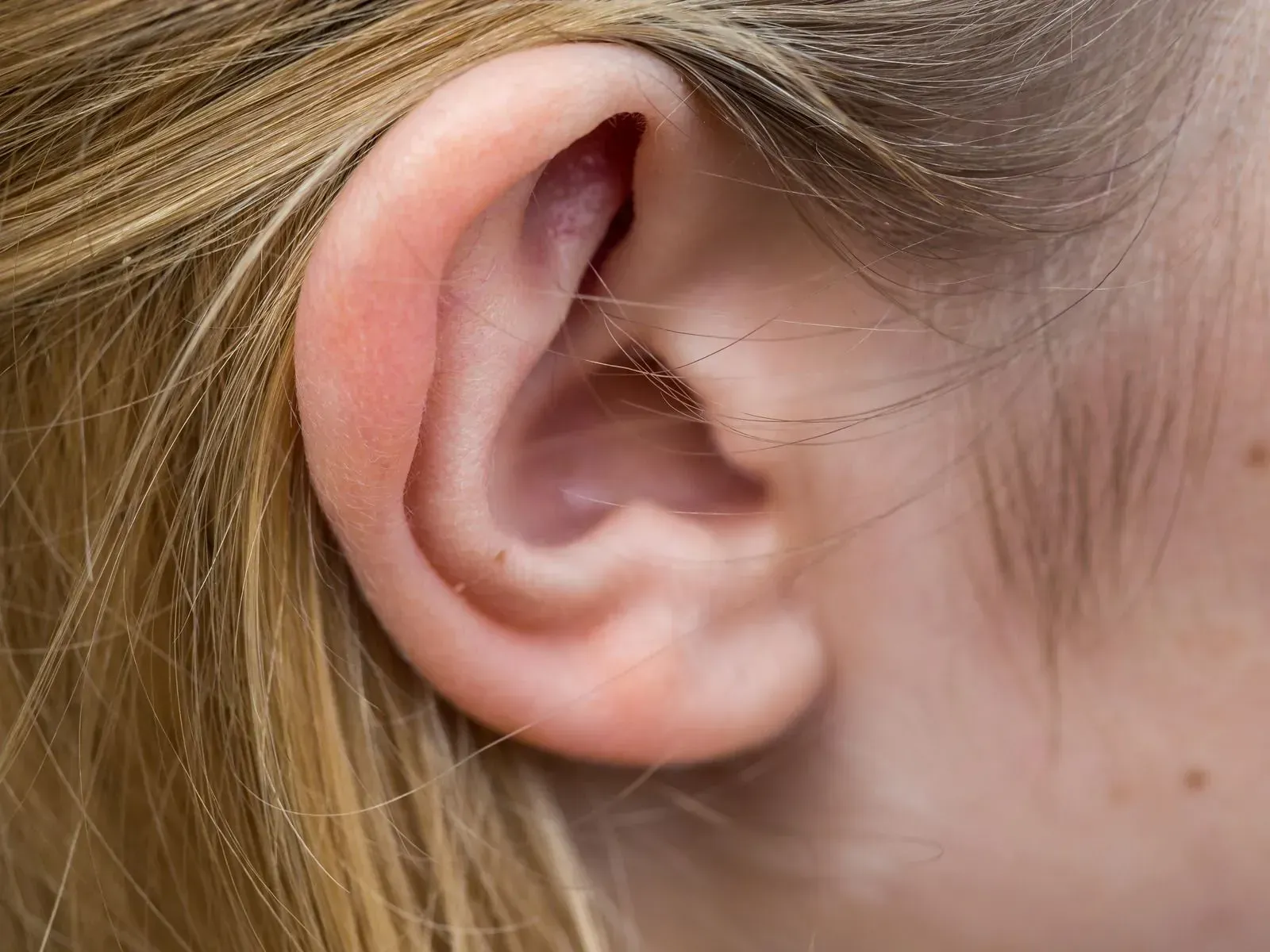
What Causes Tinnitus?
Tinnitus is not a disease but a symptom of an underlying condition. The primary cause is often related to damage or dysfunction in the auditory system, particularly the inner ear. Some of the most common causes include:
- Noise Exposure: Prolonged exposure to loud sounds, such as concerts, machinery, or headphones, can damage the tiny hair cells in the cochlea, leading to tinnitus.
- Age-Related Hearing Loss: As we age, the inner ear naturally undergoes changes that can result in hearing loss, often accompanied by tinnitus.
- Ear Infections and Blockages: Blockages caused by earwax buildup, infections, or fluid in the ear can interfere with normal sound transmission, leading to temporary tinnitus.
- Medical Conditions: Tinnitus can also be associated with medical conditions such as high blood pressure, diabetes, thyroid problems, or head and neck injuries. Certain medications may also trigger or worsen tinnitus.
- Stress and Anxiety: Psychological stress and anxiety can worsen tinnitus symptoms. When stressed, the brain becomes more sensitive to the perception of sound, which can make tinnitus more noticeable.
Treatment Options for Tinnitus
Though there’s no definitive cure for tinnitus, several treatment options can help reduce its impact. The treatment approach often depends on the underlying cause and severity of the condition.
- Sound Therapy: Sound therapy uses external noise to mask the ringing or buzzing sound in the ears. White noise machines, hearing aids with built-in sound generators, or smartphone apps can help soothe the symptoms by providing ambient sounds that distract from the tinnitus.
- Cognitive Behavioral Therapy (CBT): CBT is a form of counseling that helps individuals change their emotional response to tinnitus. By learning coping mechanisms and stress management techniques, people with tinnitus can better handle the condition.
- Tinnitus Retraining Therapy (TRT): TRT combines sound therapy with counseling. Over time, the goal is to help the brain get used to the tinnitus, making the sounds less bothersome.
- Medications: While there’s no specific drug for tinnitus, some medications can help alleviate the symptoms. Antidepressants or anti-anxiety drugs may be prescribed when tinnitus is associated with psychological stress or depression.
Relief Options for Tinnitus
In addition to medical treatments, several lifestyle changes and self-care strategies can help reduce the intensity of tinnitus symptoms.
- Protecting Your Ears: Reducing exposure to loud noises is crucial for preventing further damage to the ears. Using earplugs or earmuffs in noisy environments can help safeguard your hearing.
- Stress Management: Since stress exacerbates tinnitus, relaxation techniques such as yoga, deep breathing exercises, or meditation can help ease the symptoms.
- Healthy Lifestyle: Maintaining a healthy lifestyle by eating a balanced diet, exercising regularly, and getting enough sleep can improve overall well-being and may help reduce tinnitus severity.
- Hearing Aids: If tinnitus is related to hearing loss, hearing aids can amplify external sounds, making the tinnitus less noticeable and improving hearing.
At Trebil Hearing Center
in Crosslake, MN, we have over 40
years of experience in diagnosing and treating tinnitus. If you're struggling with persistent ringing in your ears, our expert team can help you find the right treatment. Contact us today to schedule a consultation and explore personalized relief options tailored to your needs.
